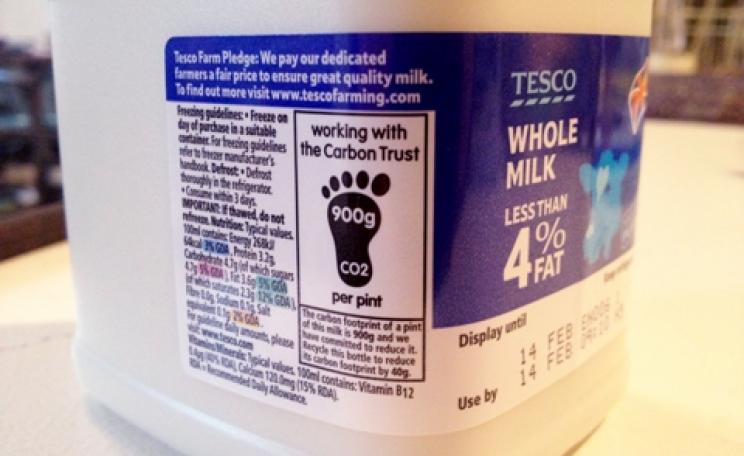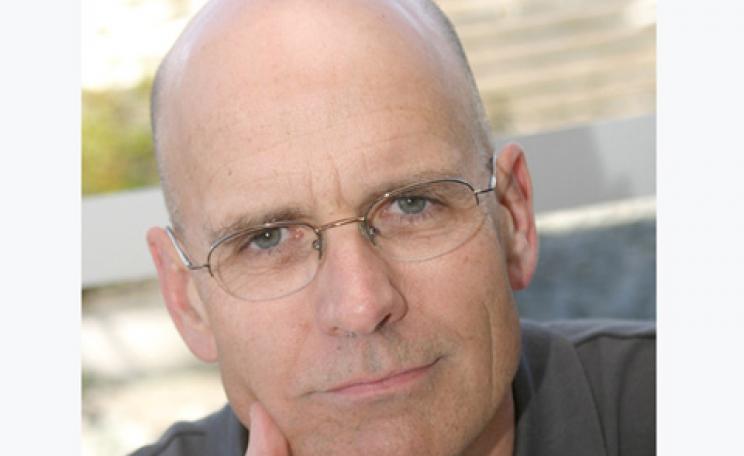Not long ago, I gave a talk with the title, ‘How facing bad news about the world can make you happier’. If, like me, you find yourself horrified by the planetary emergency we face, this might seem a touch over-positive. Yet my interest is in how we can start from where we are, feeling what we feel, and respond in a way that is good not just for our world, but also for our mood. When action for our world is experienced as enjoyable and uplifting, it becomes more attractive and draws people to it. As it is easy to get sunk emotionally by the constant barrage of bad news, this approach also helps protect us from burnout.
The starting point is to make a distinction between a picture of happiness and a sequence of happiness. A picture of happiness features the things that make you smile. Keeping the picture smiley and upbeat involves resisting sources of gloom. This approach maintains good cheer by avoiding difficult subjects and covering up distress.
A sequence of happiness, on the other hand, is more like a story that has both ups and downs. In this, happiness is found through rising to challenges that make our lives meaningful and through engaging in relationships that are deepened by shared purpose.
The sequence of happiness often begins with its opposite. There is a similar plot-line here to adventure stories that start by introducing a powerful and menacing threat. While this initially seems overwhelming, what makes the story is the way the main characters respond; through their actions, a turning occurs. Working as an addictions specialist, I’ve seen this same turnaround process when my clients find recovery. I’ve come to recognise three essential steps that help this shift occur. These can be applied to both personal and planetary crisis.
The sequence of turning things around
The first step is to experience the alarm call of uncomfortable emotions. Feeling distress is a natural part of coming to terms with painful information and our emotions play an essential role in motivating our response. The principle here is that if you find yourself feeling disturbed in response to disturbing information, reassure yourself that this is a normal, healthy reaction. Without such inspirational dissatisfaction, it is easy to remain unmoved and complacent.
It is possible though to get stuck in this low and anxious stage. We can feel overwhelmed by the level of trauma and seeming hopelessness of our world situation. Some of the information coming through about climate change tipping points, for example, makes for very depressing reading. Yet it isn’t just the sadness of the tragedy unfolding that pulls us down – grief and fear are much more unbearable when accompanied by powerlessness. When investigating emotional reactions to global issues, the Mental Health Foundation found powerlessness to be, by far, the most common response; this was experienced by more than half of the two thousand people they surveyed.
As powerlessness is a contributing cause of depression, this can set off a vicious cycle. The more powerless someone feels, the more depressed they get, while the more stuck they are in depression, the more this adds to their powerlessness. A tempting exit from this loop is a retreat into the ‘picture of happiness’ approach by turning attention away from disturbing information. With this comes a closing down of interest to bad news about the world. But a much more exciting approach, and one that leads more reliably to longer term good mood, is to continue the turnaround sequence. The next step in this involves rising to face the challenge.
Hitting rock bottom
When things get really bad, and someone is so roused by distress that they make a deep level decision to tackle the issues facing them, the journey of recovery begins. For people struggling with addictions, this is the moment of ‘hitting bottom’ when crisis becomes a turning point. When facing planetary crisis, rock bottom moments can, in a similar way, activate a state of heightened aliveness and determination to do all we can to address the dangers we face.
While heart-felt commitment is energising, it is difficult to sustain if we don’t believe we can make much difference. This is where the third step comes in: it involves recognising that when a challenge seems beyond our power to do much about, this may be a temporary stage rather than permanent state. We can grow in our ability to change things; the quest of seeking out allies, insights and strategies that help this happen makes our lives more interesting, meaningful and satisfying.
So can facing bad news about the world really make us happier? Not straightaway. But when a negative situation provokes an uncomfortable feeling that rouses our inspired response, we find ourselves on a journey that’s good not only for our world but also for our mood.
 |
Chris Johnstone is author of Find Your Power – a toolkit for resilience and positive change (Permanent Publications, May 2010). Ecologist readers can buy a copy of the book for £12.00 + free p&p (valid until the end of May 2010). Please contact info@permaculture.co.uk, quoting FYPEcologist Readers Offer |
On May 18th Chris Johnstone presents the Bristol Happiness Lectures. See www.chrisjohnstone.info
| READ MORE... | |
 |
COMMENT Microsoft's 'new busy' campaign leads only to antidepressants You must have noticed the new advertising campaign for Hotmail, 'the new busy'? Screw that, says Tom Hodgkinson, I want the old lazy... |
 |
COMMENT I stopped believing in environmentalism. And did this instead... Former deputy editor of the Ecologist, Paul Kingsnorth, explains why he became disillusioned with the parables of environmentalism, so decided to write his own instead |
 |
NEWS ANALYSIS Seeking status: embracing our selfish motives for buying green The bulk of our motives for buying green are selfish, say psychologists. So would appealing to social positioning help shift behaviours better than moralising? |
 |
HOW TO MAKE A DIFFERENCE Is social marketing our last chance to change people? Worldwatch's influential State of the World 2010 report tells us why we need more stories addressing climate change and fewer shocking facts |





